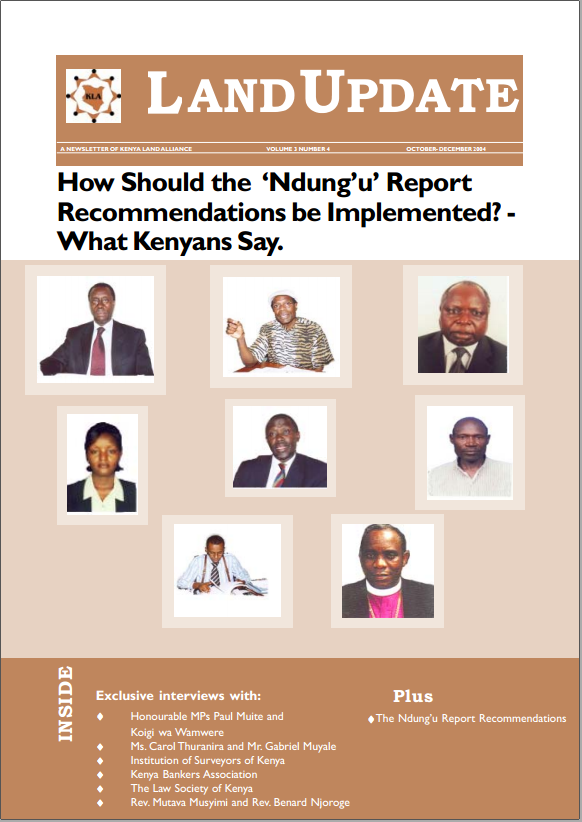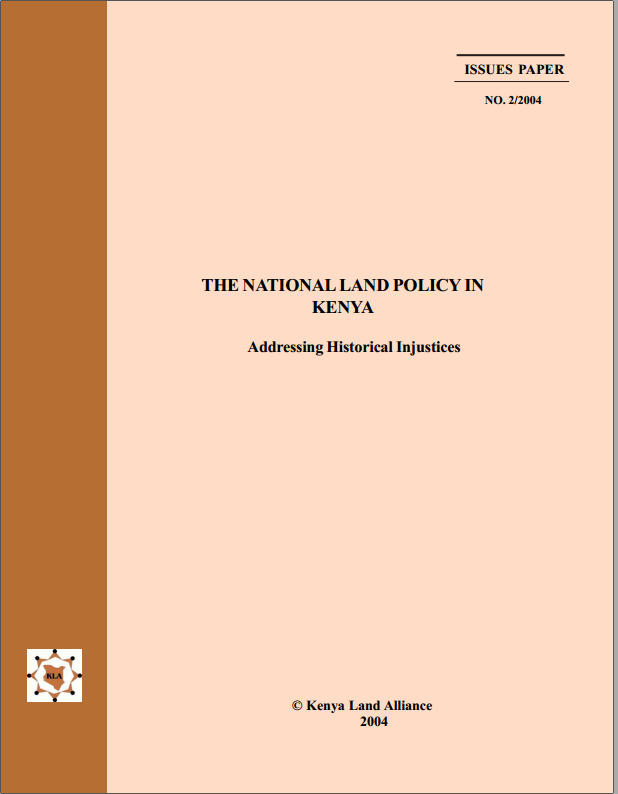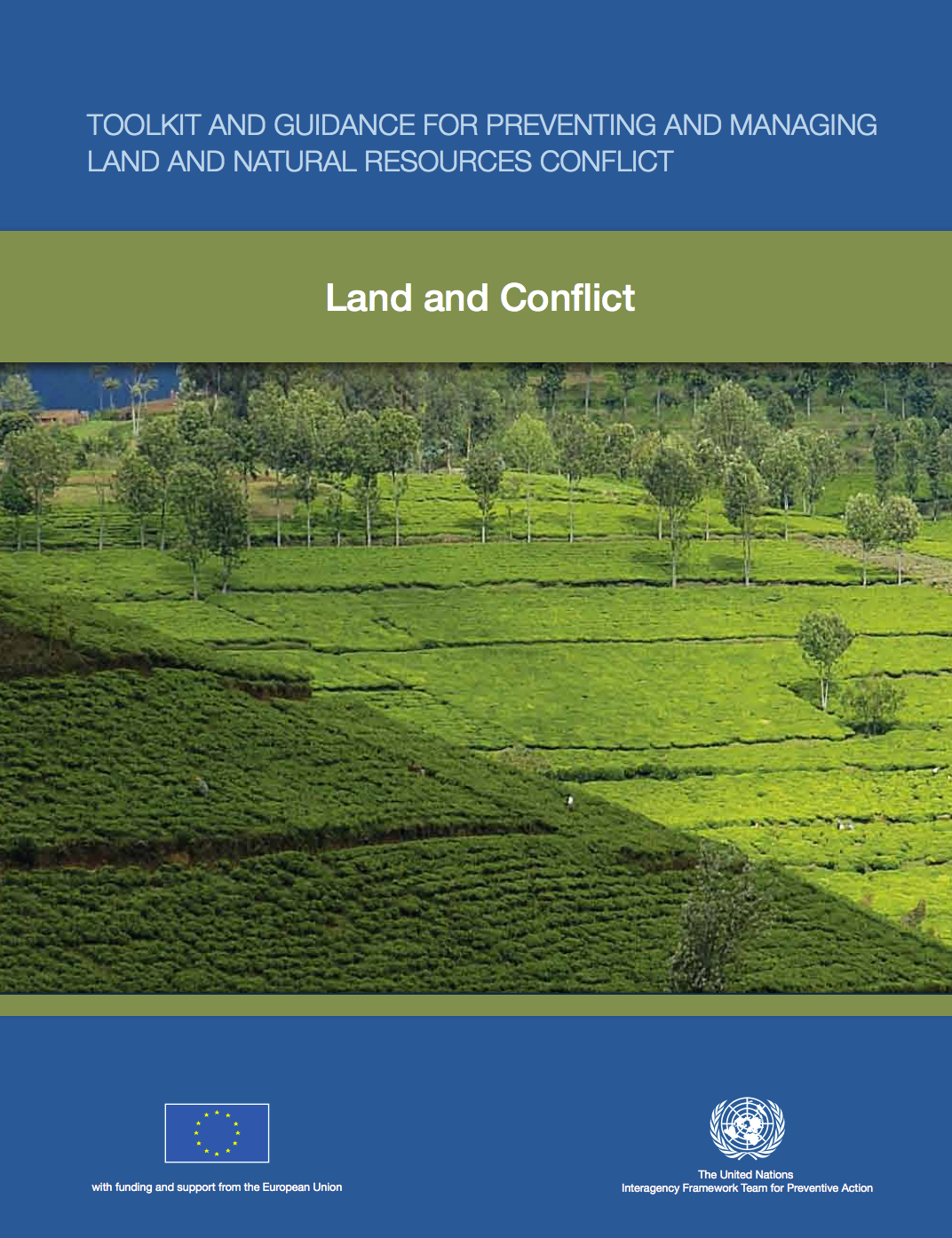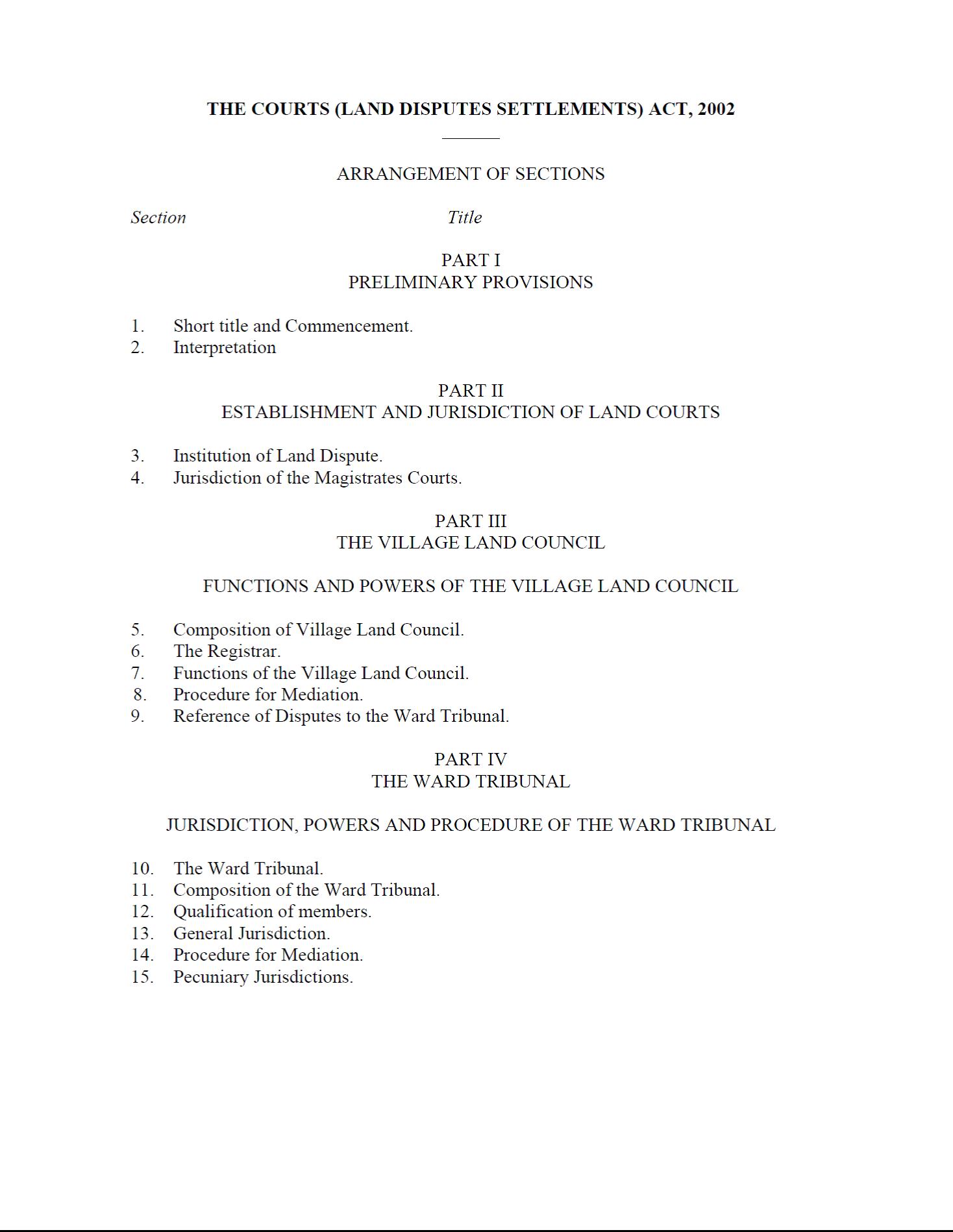State courts and the regulation of land disputes in Ghana: the litigants’ perspective
This paper argues that Ghanaian litigants in land disputes favour authoritative state legal-institutions over out-of-court settlements. Current policy debates on how to protect the land rights of the majority of customary land holders revolve around the respective merits of customary and non-state regulation (said to be accessible, flexible and socially embedded) versus state systems, which are said to offer more certainty, impartiality and nondiscriminatory codes and procedures.








